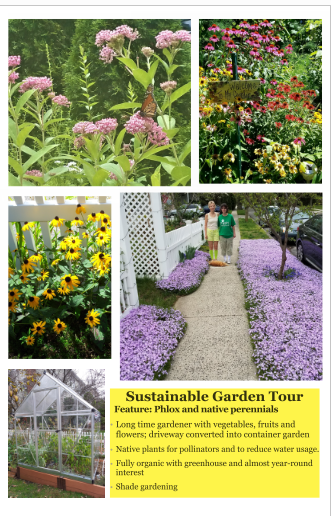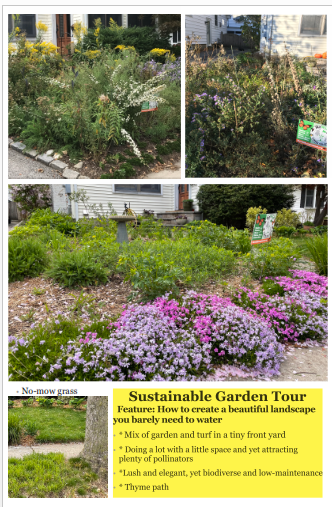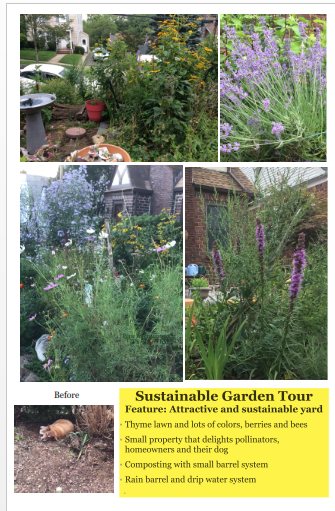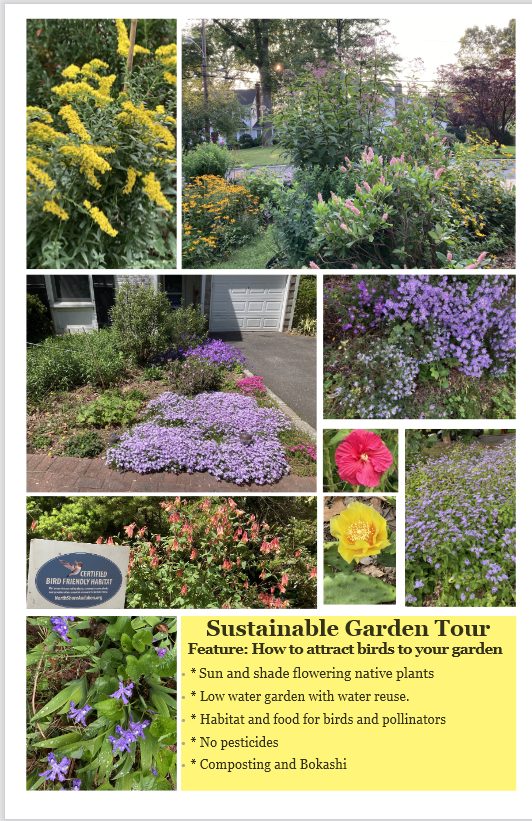Sustainable Garden Tour
Port Washington’s first Sustainable Garden Tour was held on June 18, 2022 and promises to become an annual event organized by ReWild Long Island and The Port Washington Water District. Thanks to everyone that supported this event - organizers, volunteers and visitors alike!
We had a nice writeup from Newsday featuring garden host Joanne Strongin and photos of her lovely garden. Click on photo for article.
The homes on the tour illustrate many principles of sustainable landscaping in attractive settings. Native plants provide forage and shelter for pollinators and birds. Organically grown fruits and vegetables thrive under the watchful attention of many native bees. The remains of each year turn into composted fertility that feeds the following year. The air and water are clean without any pesticides or herbicides. Water is used sparingly and wisely; captured rain water is dripped back into the aquifers beneath our feet.
Our visitors learned a few ideas to try at home, had engaged conversations wtih fellow rewilders, who shared what worked, and what mistakes they made on their quest for a most sustainable landscape.
The following FAQ answers many of the questions that the hosts got on tour.
FAQ
What is Sustainable Gardening?
Sustainable Gardening or Rewilding is about using our landscapes to promote healthy living, climate resilience and biodiversity. There are five key practices: Plant natives, grow organics and responsible ornamentals, be water wise, compost and recycle.
We need native plants in our yards to ensure that butterflies, bees and other essential pollinators have food and habitat. We also grow organic fruits and vegetables in our yards as well as responsible ornamental plants – a yard with native plants, responsible ornamentals and organic vegetables does not need any harmful chemicals that could hurt your health or impact beneficial insects. It’s healthy for kids and pets, as well as our pollinators. Native plants have deep roots and need less water and maintenance when they mature – saves us money, but also we can preserve and replenish the aquifers that Long Island depends on. Composting our food scraps and yard wastes ensures that we need little if any chemical fertilizers to garden, and recycling ensures that we waste less.
In short, sustainable gardening is using the space around you in a way that is healthier for you and your family, your community, as well as our entire eco-system on Long Island.
Why Native plants?
The two videos below talk about biodiversity and value of native plants.
how do i prepare my yard for a native garden?
Check out these blog posts on sheet mulching with cardboard and mulch.
https://www.rewildlongisland.org/blog/prepare-for-spring-cardboard-and-mulch
https://arboretum.ucdavis.edu/news/break-up-with-your-lawn-using-cardboard
How do I design a native plant garden?
First check out ReWild’s Native Plant Garden Designs below so you get an idea of common plants and design strategies.
You can then go to research additional plants using the following resources:
Book, Native Plants of the Northeast, Donald J. Leopold. In the appendix you will find names of plants that attract hummingbirds, shade plants, etc.
What are some groundcover alternatives to lawns?
No-Mow Grass Seed from Prairie Nursery. This has not worked well for any of us so far, so please let us know if you’re successful. https://www.prairienursery.com/no-mow-lawn/no-mow-lawn-seed-mixes.html
Creeping Thyme: Here is a blog post on how a local rewilder succeeded with Thyme. But note that it’s not native to Long Island (though an environmentally option).
Creeping Phlox: Here is a blog post on how a local rewilder succeeded with creeping phlox. This is native to Long Island and an excellent option!
You can search for these online … or at the ReWild Spring and Fall plant sales.
How do I label plants to remember what I planted where?
Label Stand we have used before: Garden-Mate 50 Pack Weatherproof Large Zinc Meta Plant Labels
Printing Labels using Avery online tool: https://www.avery.com/custom-printing/labels/calculator/rectangle
Choose…Custom printed labels
Format: Sheet labels
Shape: Rectangle
Size:1 x 2 5/8
Material: Matte White Film
Label Quantity & Price (I chose two sheets of 24, total amount 48 labels for $14.00)
Then click “Start Designing”
Select “Edit All” first, designed one label which came out on all 24 labels, then edited the name of the plant and the image for each label.
Where can I learn more about smart irrigation?
Watch the Port Washington Water District Smart Irrigation Video. For customers of the Port Washington Water District you can get a $150 rebate as well: https://pwwd.org/conservation/smart-irrigation-video/
How do I get started with the Bokashi Method of composting?
ReWild Long Island Blog post about the Bokashi Composting method
How do you create a “catio”?
In one of the gardens, you may have noticed a beautiful, outdoor space for cats. Here is more information about the “catio”. https://docs.google.com/document/d/1gc5zXyGLbmaRsRwMs5RDrdDWrDq-9E5-/edit
Where did we get the items that you saw at Various Host Gardens?
Rain Barrel
Discounted rain barrels and composters from the Town of North Hempstead (For residents only): https://www.northhempsteadny.gov/rbandcompost
Also, many available on the internet including Gardener’s Supply Rain Water Urn, 65 Gallons in Terra Cotta: https://www.gardeners.com/buy/rain-catcher-urn-65-gallon/38-683.html
Fountains
Many available on the internet — the one on display at one of the hosts was the floating solar powered birdbath fountain from Amazon.
Many available for purchase at Heritage Farm and Garden, Muttontown, NY, including a small concrete water fountain with electric pump.
Raised Garden Bed on Wheels
Many available on the internet — the one on display at one of the hosts was the 5 Tier Vertical Raised Garden Bed with Wheels, for Patio Balcony Greenhouse from Walmart.com
“Pop-up” greenhouse
Many available on the internet — the one on display at one of the hosts was the Sunbubble Greenhouse from Gardener’s Supply
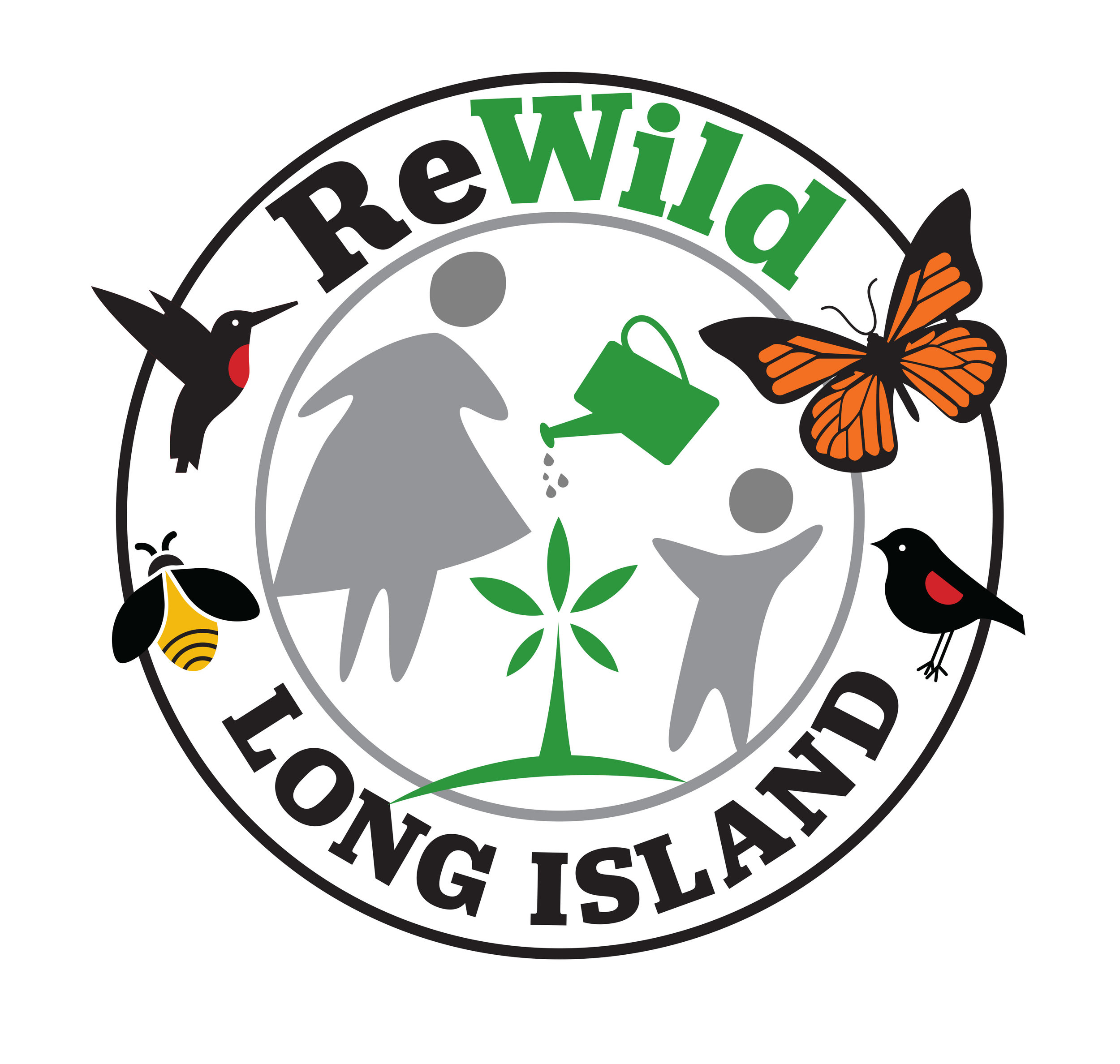

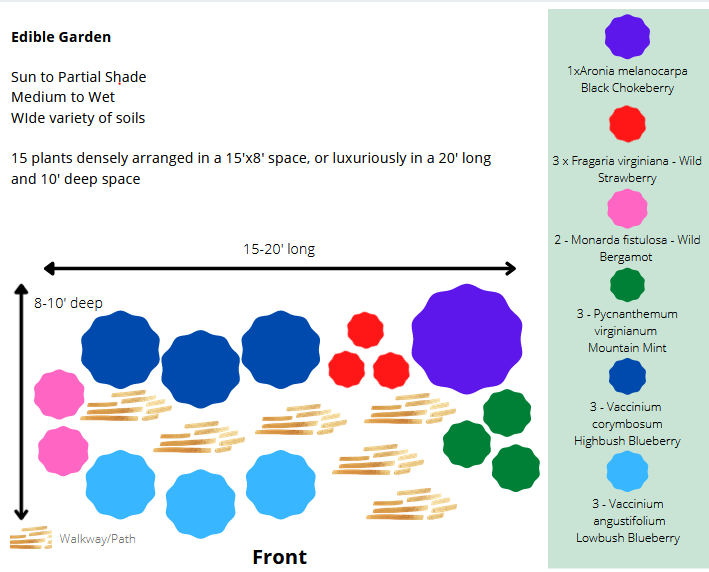

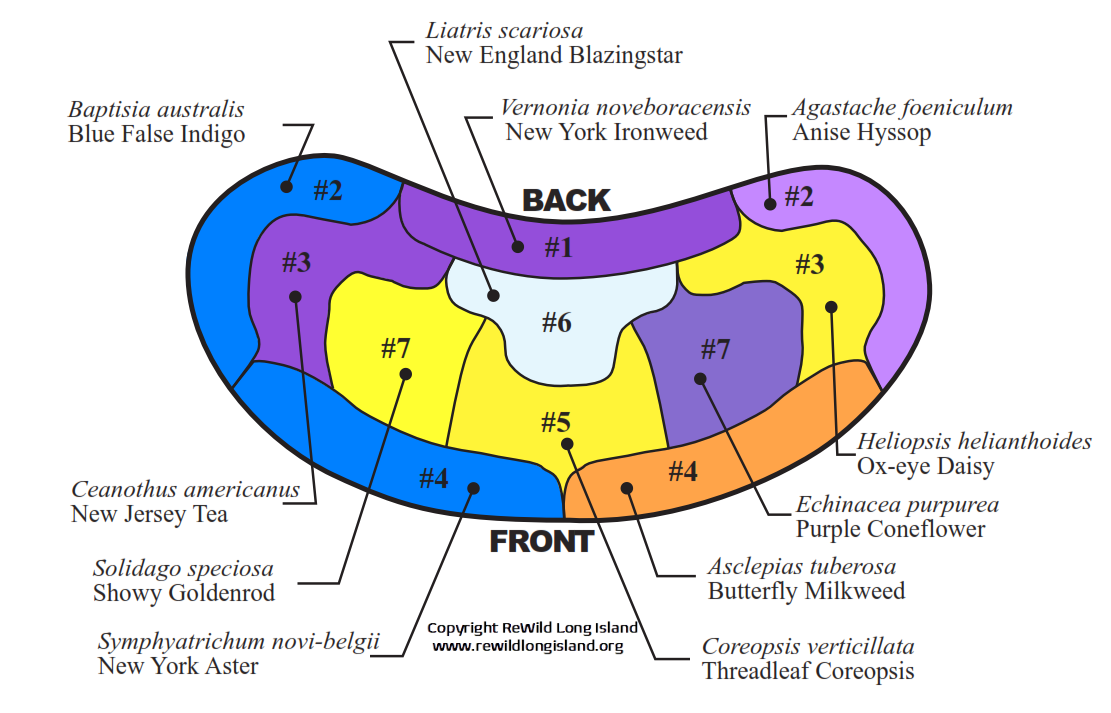


![Layering Wildscapes in Your Garden [Video]](https://images.squarespace-cdn.com/content/v1/5d26169d479c6d0001c989aa/1589122240758-2OJGCQZYV1P9TT4OLIYG/Joyce.PNG)
